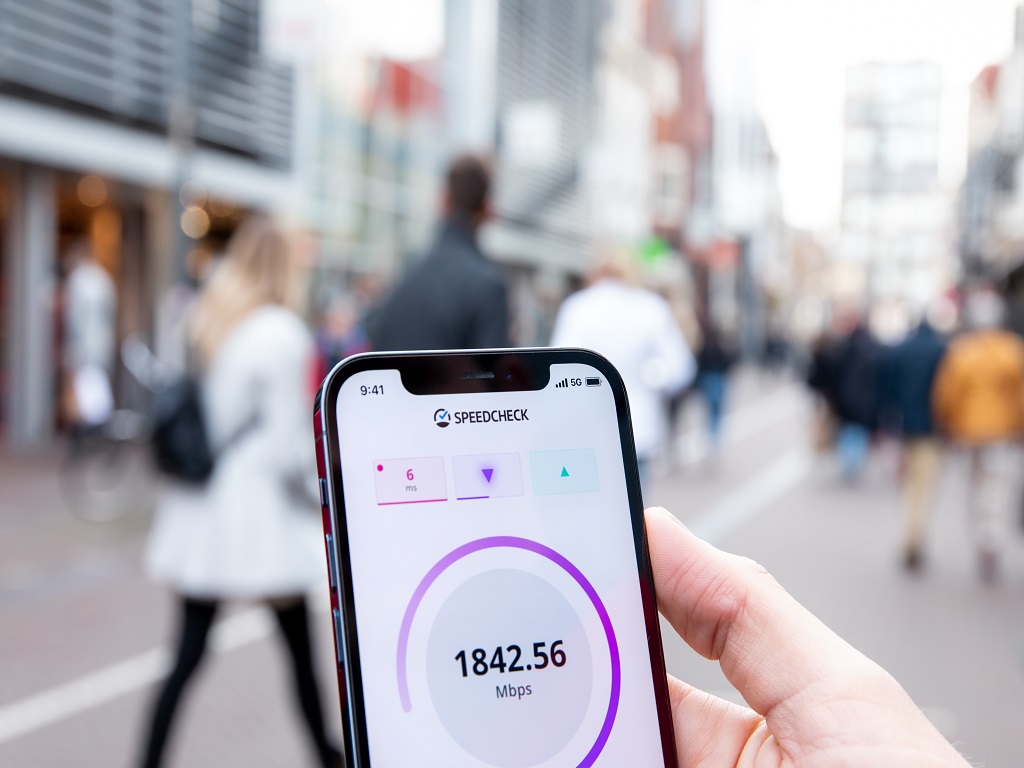
5G is the next generation of mobile connectivity and will soon be rolling out in most countries around the world. But what does 5G stand for, and how exactly is it different from 4G? Read on to find out.
What is 5G?
5G stands for Fifth Generation, which means it is the fifth generation of wireless communication standards since the first commercialized cellular network was introduced in 1983. In other words, it’s the next big thing in wireless data networks, and it offers faster speeds, lower latency, higher capacity, and more reliability than ever before.
What is 4G?
4G refers to the fourth generation of mobile networks, which are commonly referred to as LTE (Long Term Evolution). LTE networks were first introduced in 2009, followed by LTE-Advanced two years later, and then LTE-Advanced Pro in 2013. 4G, or fourth-generation cellular technology, is a wireless standard that allows data to be transferred at very high speeds over an LTE network. 4G is faster than 3G and more reliable than 2G, with peak download speeds of up to 300Mbps available in some areas. In contrast to 3G networks, 4G networks are capable of much higher throughputs in ideal conditions — although they can still experience congestion during peak times (such as after work when everyone gets home).
Key Differences
- Download speeds: 4 G’s maximum download speeds are 1 Gbps. 5G is expected to offer ten times that speed.
- Base stations: 4G, like its predecessors, transmits signals using cell towers. 5G, in comparison, uses small cell technology, which requires carriers to deploy high-band 5G in cells that are the size of pizza boxes in different locations.
- Cell density: Small cell technology allows 5G to provide users with enhanced network capacity and more cell density. While this was also expected of 4G, it never quite met the standards for general speed.
Although 5G is poised to be the next big thing, its benefits will not be apparent right from day one. Carriers will take time to test their networks, iron out flaws, and offer a more enhanced solution. So, those who are expecting the best of the best from 5G technology may have to wait a while.




